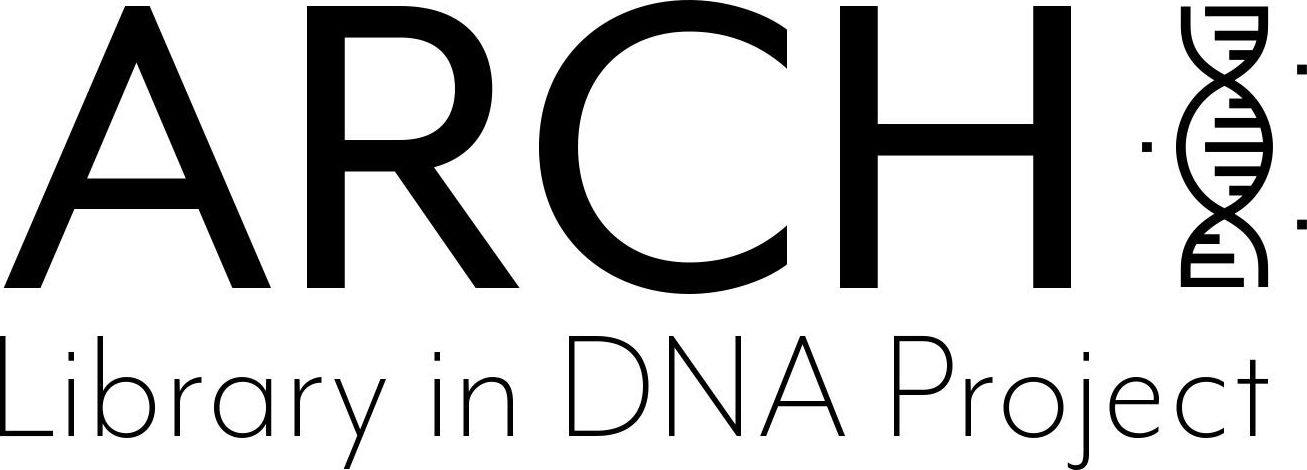The Milky Way has a violent past. When it isn’t swallowing renegade sausage galaxies, it seems to be waging endless games of interstellar tug-of-war with its nearest galactic neighbors — and not always winning. According to a new study published Sept. 19 in the journal Nature, one such encounter ended with a cosmic wound to the Milky Way’s disk that still hasn’t fully healed, 300 million years later.
That wound, researchers say, is visible in a cluster of several million stars that are not behaving as they should be. While still rotating around the Milky Way’s galactic center, these rogue stars also orbit around one another in a wobbly, spiral pattern that has only become more tangled over the past eon. [Big Bang to Civilization: 10 Amazing Origin Events]
“We have observed shapes. [of star clusters] with different morphologies, such as a spiral similar to a snail’s shell,” lead study author Teresa Antoja, a researcher at the Institute of Cosmos Sciences (ICCUB) at the University of Barcelona, said in a statement. “These substructures allow us to conclude that the disk of our galaxy suffered an important gravitational disturbance.”








